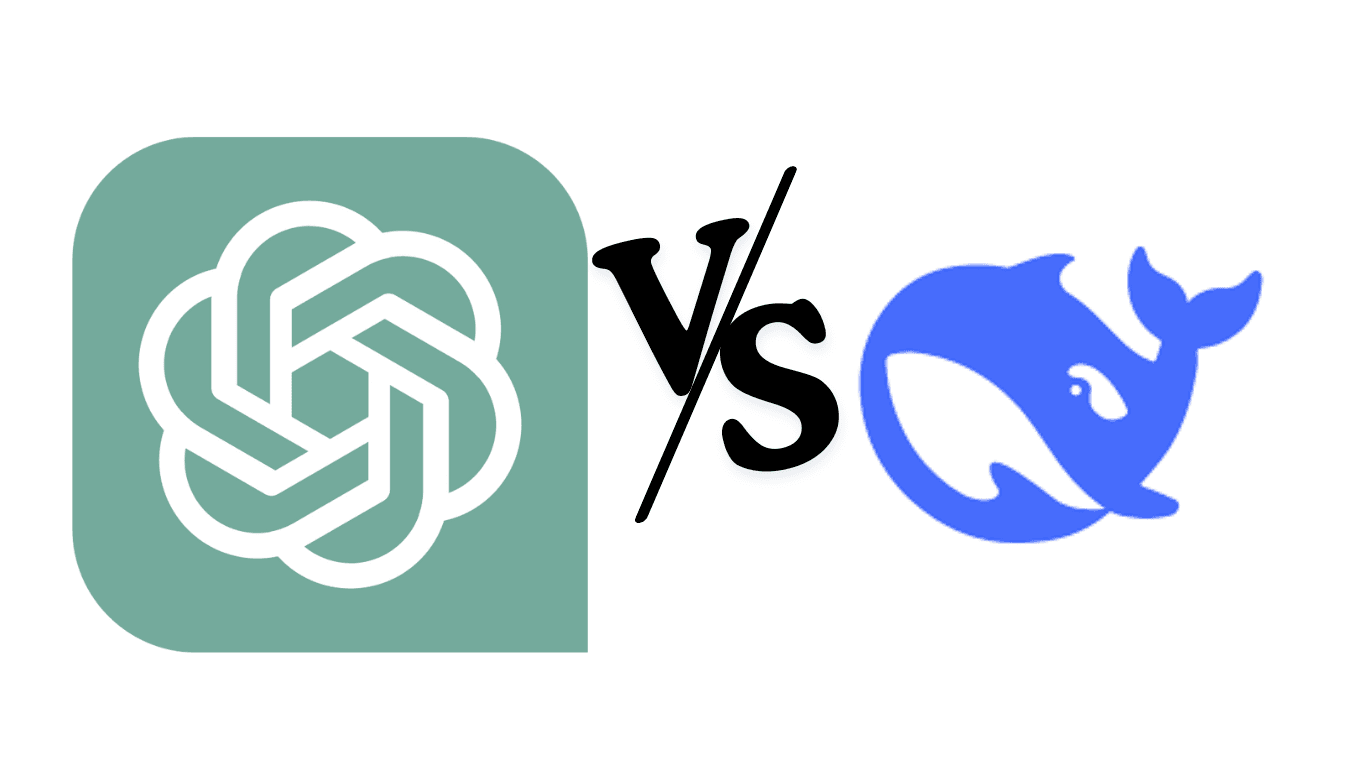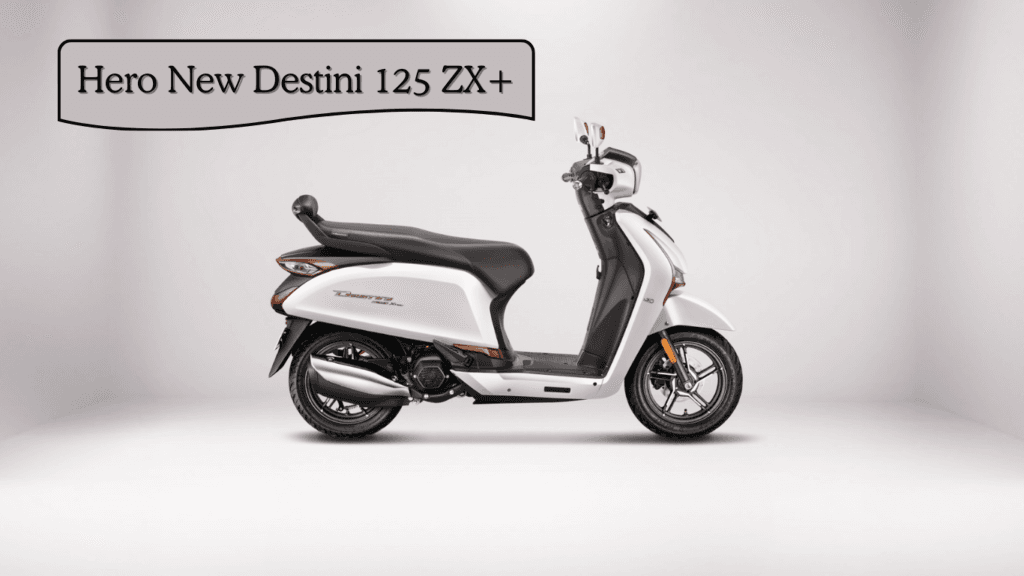Artificial intelligence has revolutionized the way we interact with technology, and two of the most prominent AI models making waves in 2025 are ChatGPT and DeepSeek, Both platforms have unique strengths and applications, but how do they stack up against each other? This blog delves into the ChatGPT vs Deepseek debate, exploring their features, capabilities, and potential future developments. By the end of this ChatGPT vs Deepseek comparison 2025, you’ll have a clearer understanding of which AI model might best suit your needs.
Table of Contents
ChatGPT vs Deepseek: Understanding the Basics
Before diving into the specifics, it’s essential to understand what ChatGPT and DeepSeek are and how they function. Both are AI-powered language models designed to assist users in generating text, answering questions, and performing various tasks. However, their underlying architectures, training methodologies, and use cases differ significantly.
What is ChatGPT?
ChatGPT, developed by OpenAI, is a state-of-the-art language model built on the GPT (Generative Pre-trained Transformer) architecture. It’s designed to generate human-like text based on the input it receives. ChatGPT has been widely adopted for applications like content creation, customer support, and even coding assistance. Its ability to understand context and generate coherent responses has made it a favorite among users worldwide.
What is DeepSeek?
DeepSeek, on the other hand, is a newer entrant in the AI space, developed by a team of researchers and engineers focused on creating a more specialized and efficient language model. DeepSeek is designed to prioritize accuracy, speed, and domain-specific expertise. It’s particularly popular in industries like healthcare, finance, and legal services, where precision and reliability are critical.
ChatGPT vs Deepseek Comparison 2025: Key Differences
As we move further into 2025, the competition between ChatGPT and DeepSeek has intensified. Here’s a detailed ChatGPT vs Deepseek comparison 2025 to help you understand their key differences.
1. Architecture and Training
ChatGPT is built on the GPT-4 architecture, which leverages a massive dataset and advanced transformer models to generate text. Its training involves unsupervised learning on diverse internet text, allowing it to handle a wide range of topics. However, this broad training approach can sometimes lead to inaccuracies in specialized fields.
DeepSeek, in contrast, uses a more targeted training approach. It incorporates domain-specific datasets and fine-tunes its models to excel in particular industries. This makes DeepSeek more accurate and reliable for tasks requiring specialized knowledge.
2. Speed and Efficiency
One of the standout features of DeepSeek is its speed. The model is optimized for quick response times, making it ideal for real-time applications like live customer support or financial analysis. ChatGPT, while still fast, may lag slightly in scenarios where milliseconds matter.
3. Customization and Flexibility
ChatGPT offers a high degree of flexibility, allowing users to fine-tune the model for specific tasks. This makes it a versatile tool for businesses and individuals alike. DeepSeek, however, takes customization to the next level by offering industry-specific modules that can be easily integrated into existing workflows.
4. Accuracy and Reliability
When it comes to accuracy, DeepSeek has a slight edge, especially in specialized fields. Its targeted training ensures that it delivers precise and reliable results. ChatGPT, while highly capable, may occasionally produce errors or require additional prompts to refine its output.
5. User Experience
Both models offer intuitive interfaces, but ChatGPT’s widespread adoption has led to a more user-friendly ecosystem. It integrates seamlessly with various platforms and tools, making it accessible to a broader audience. DeepSeek, while powerful, may require a steeper learning curve for users unfamiliar with its specialized features.
ChatGPT vs Deepseek: Use Cases in 2025
The ChatGPT vs Deepseek debate isn’t just about technical specifications; it’s also about how these models are being used in real-world scenarios. Here’s a look at their primary applications in 2025.
1. Content Creation
ChatGPT continues to dominate the content creation space, thanks to its ability to generate engaging and creative text. From blog posts to social media captions, ChatGPT is a go-to tool for marketers and writers.
DeepSeek, while capable of content generation, is more commonly used for technical writing, such as whitepapers, research articles, and industry reports. Its focus on accuracy makes it a better choice for content that requires a high level of precision.
2. Customer Support
Both models are widely used in customer support, but their approaches differ. ChatGPT excels in handling general inquiries and providing human-like responses, making it ideal for industries like e-commerce and hospitality.
DeepSeek, on the other hand, is preferred in sectors like healthcare and finance, where customer queries often require detailed and accurate information. Its ability to quickly retrieve and present data makes it a valuable asset in these fields.
3. Education and Training
In the education sector, ChatGPT is used to create interactive learning experiences, generate study materials, and even tutor students. Its conversational abilities make it an engaging tool for learners of all ages.
DeepSeek is more commonly used in professional training and certification programs. Its domain-specific expertise ensures that learners receive accurate and up-to-date information, particularly in technical and scientific fields.
4. Healthcare and Legal Services
DeepSeek’s precision and reliability make it a standout choice for healthcare and legal services. It can analyze medical records, generate legal documents, and provide expert-level insights, reducing the workload for professionals in these fields.
ChatGPT, while useful, is more often employed for general administrative tasks in these industries, such as scheduling appointments or drafting routine correspondence.
ChatGPT vs Deepseek: Future Prospects
As we look ahead, the ChatGPT vs Deepseek comparison 2025 raises questions about the future of AI. Both models are likely to evolve, incorporating new features and capabilities to stay ahead of the competition.
1. Advancements in AI Technology
ChatGPT is expected to continue improving its contextual understanding and creativity, making it even more versatile. DeepSeek, meanwhile, is likely to focus on enhancing its domain-specific expertise and expanding its range of applications.
2. Integration with Other Technologies
Both models are expected to integrate more seamlessly with other technologies, such as augmented reality (AR) and virtual reality (VR). This could open up new possibilities for immersive learning and interactive experiences.
3. Ethical Considerations
As AI becomes more advanced, ethical considerations will play a crucial role in shaping its development. Both ChatGPT and DeepSeek will need to address issues like bias, privacy, and transparency to gain user trust.
Conclusion: Which One Should You Choose?
The ChatGPT vs Deepseek debate ultimately comes down to your specific needs. If you’re looking for a versatile, user-friendly AI model for general tasks, ChatGPT is an excellent choice. However, if you require a more specialized and accurate tool for industry-specific applications, DeepSeek is the way to go.
As we move further into 2025, both models are set to play a significant role in shaping the future of AI. Whether you choose ChatGPT or DeepSeek, you’ll be leveraging cutting-edge technology to enhance your productivity and creativity. The key is to understand your requirements and select the model that best aligns with your goals.






